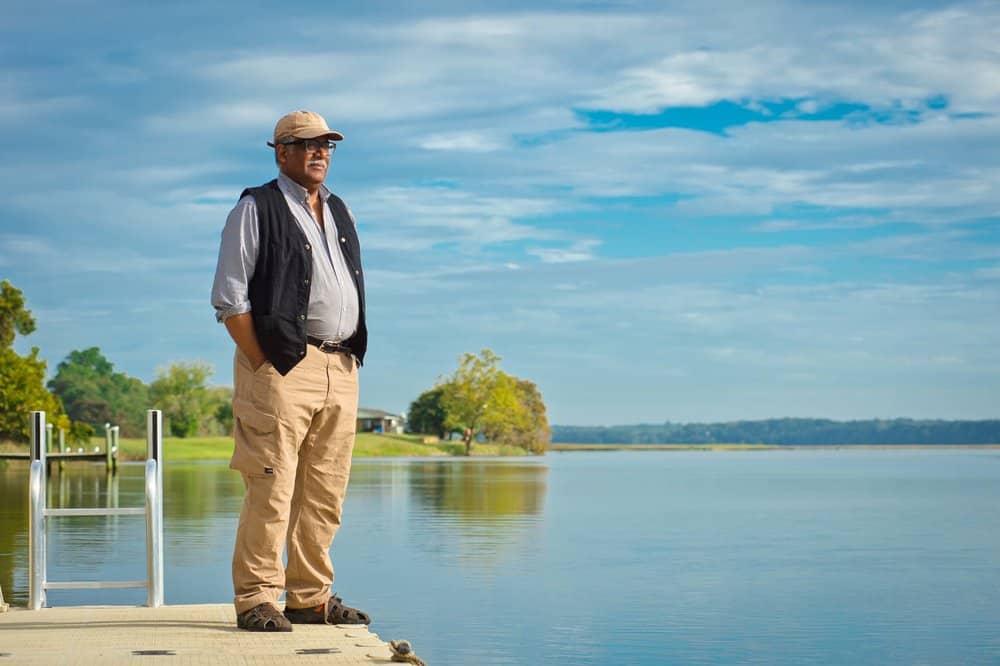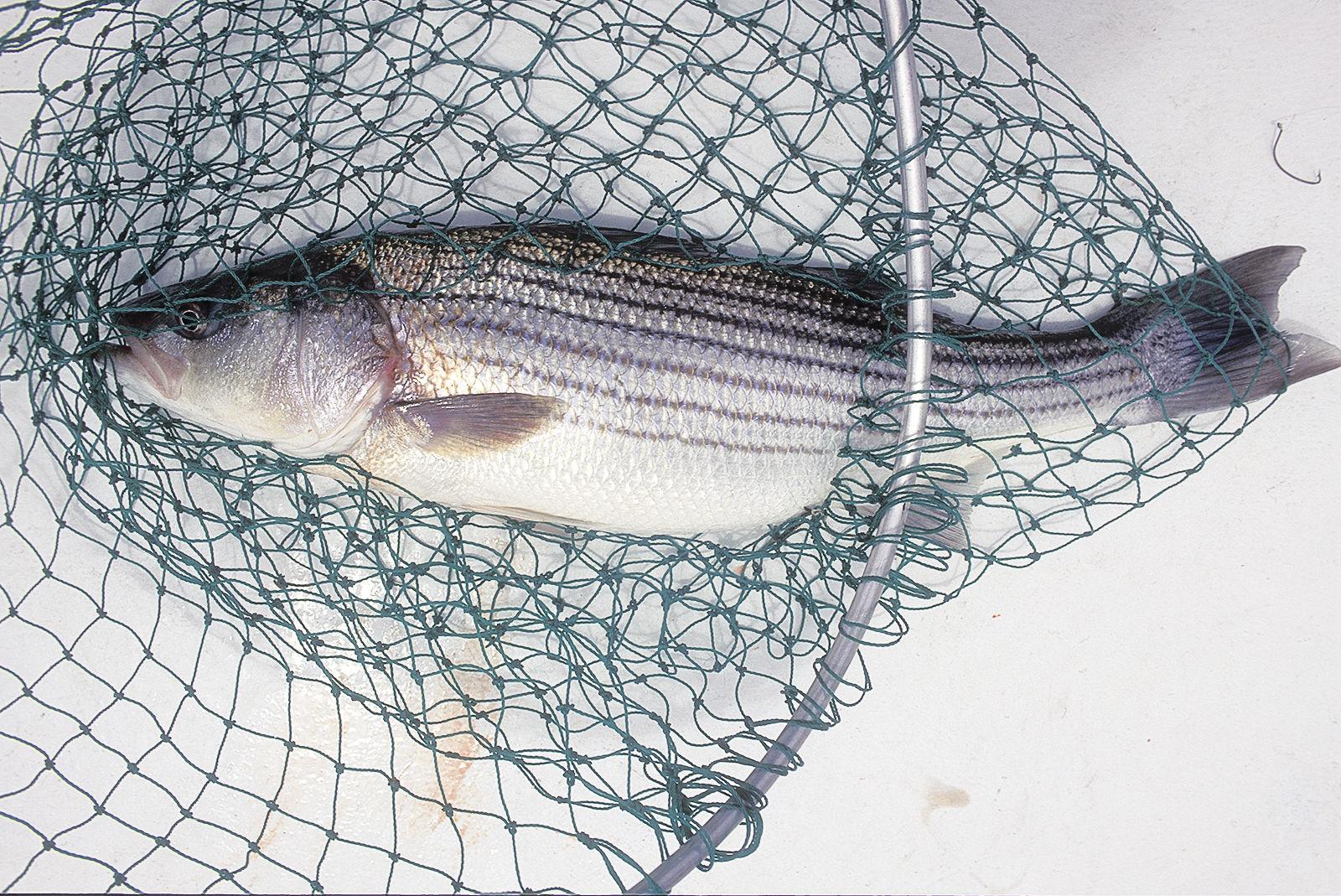by Marty LeGrand
Photo by Vince Lupo/direction one, inc.Riverkeeper Fred Tutman fights for the Patuxent River and for the people who live along its shores.
He was disenchanted with his career choices and tired of a nomadic life. So Fred Tutman ended up precisely where his journey started five decades ago: beside Maryland’s longest, deepest and most deeply challenged intrastate river. Nearing his fifteenth year as the Patuxent Riverkeeper, he’s found his calling as a self-avowed “grassroots troublemaker.” Tutman has butted heads with corporations, developers, local, state and federal authorities, and occasionally other environmentalists. He says he’s been cursed at and challenged to fisticuffs. He and his often-litigious organization were themselves sued for defamation in 2015 after going to bat for citizens who complained about a neighborhood restaurant. (The suit was dismissed last year.) Critics find him intractable and impractical. In person, though, he’s a gregarious firebrand, given to quoting personal heroes such as Riverkeeper co-founder Robert F. Kennedy Jr. and the late Tom Wisner, the folk-singing “Bard of the Chesapeake.” He’s not publicity shy. His personal website, which promotes Tutman’s public appearances and speaking engagements, labels him a “speaker, advocate and educator.”
On a late summer morning, he’s seated on the porch of the Patuxent Riverkeeper’s headquarters/visitor’s center in Upper Marlboro, Md. A former community store built in 1901, it’s located about eight miles downriver from the farm where Tutman grew up. Behind him, the Patuxent glistens in the sun. Overhead, the mid-day chorus of cicadas tunes up. Adjusting the bandana knotted loosely around his neck, Tutman recounts the circuitous passage that took him from the family tobacco farm to tribal West Africa to some of the globe’s most troubled corners, only to land him an advocacy role he views as the capstone of his professional life.
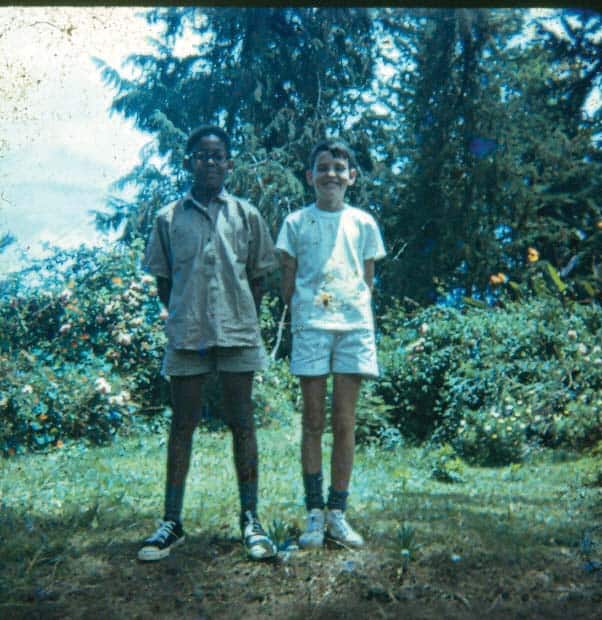
Tutman, 59, is a robust, outdoorsy sort with a habitual and hearty laugh. He lives nearby in Queen Anne on the farm where he was raised. Within walking distance of the Patuxent, the land has been in his mother’s family since the 1920s. He says his home river and his experiences in Africa opened his eyes to the connectivity of waterways and their functional and spiritual importance to the people who live by them. His past work, first as a broadcast journalist and later as a law clerk, help inform his approach to grassroots advocacy. So, too, he says, does the fact that he’s African-American—the nation’s only black riverkeeper—and something of an outlier in a historically white movement.
Tutman recalls the Patuxent of his childhood as “a small and narrow and shallow” playground where he and his friends floated homemade rafts a la Huck Finn, “doing all sorts of mischief that I’m sure my mother would have been appalled at.” Now in her 80s, his mother still lives on the farm. His father, a local television personality and information technology entrepreneur, died in 2015.
Despite his youthful connection to the river, “I didn’t have a sense of perspective on the Chesapeake Bay until maybe age seven or eight.” A family friend took him for a boat ride on South River. “I was blown away. Wow, you mean it’s all connected? I didn’t think there was that much water in the whole world. It was completely transformative for me: Oh my goodness, we’re part of something bigger!”
In his current role, Tutman has discovered that a systemic view of the Chesapeake Bay can cut both ways. One of his pet beefs with the federally managed Chesapeake Bay Program and its governmental and environmental partners is what he perceives as their singular focus on cleaning up the main stem Bay.

“I think the regional movement is very Bay-centric. They care about these rivers to the extent they drain to the Bay,” he says. “So in a sense they’re seen as a deficit or a drawback rather than an asset because they flood the Bay with nutrients.” He also thinks the program focuses more on “protecting crabs and oysters” than people and communities.
Tutman had an admittedly unorthodox education. After his father moved the family to Sierra Leone in 1966 while working for the Peace Corps, the elder Tutman encouraged his son to leave school to study “in the lab of life.” One of the boy’s mentors was a dodgy Peace Corps volunteer with whom he traveled the rivers of West Africa. Tutman recalls their boat stopping for passengers and cargo nearly everywhere a well-worn path led from the riverbank to a nearby village. And he saw firsthand the effects of pollution in developing nations. In Zambia, he passed villages pockmarked with mounds of toxic copper mine tailings, the villagers powerless to fight the mining companies. It was an early lesson in a future calling, environmental justice.
The Patuxent’s 115 miles flow through six of Maryland’s top 10 wealthiest counties, past communities such as Columbia, Solomons and Bowie, whose per capita incomes rank among the state’s top 25 percent, according to U.S. Census data. The majority of the economically diverse watershed, about 27 percent, lies within Tutman’s home county, Prince George’s. Fourteenth in per capita income among the state’s 23 counties, it includes such towns as Brandywine, Queen Anne and Eagle Harbor, whose personal incomes fall in the state’s lowest 25 percent.
As part of its mission, the nonprofit Patuxent Riverkeeper organization partners with environmental and legal advocates on behalf of aggrieved citizens. There are no Patuxent copper mines, but there are places where pollution affects local citizens. “I like to work where the worst problems are in our watershed, which invariably takes us into poorer neighborhoods [where] people are suffering from public health hazards as opposed to recreational problems,” Tutman says.
One of those is Eagle Harbor, a modest-income, African-American beach community of fewer than 70 people whose next-door neighbor is the coal-fired NRG Chalk Point Generating Station. The site of a massive oil spill in 2000, the plant fell afoul of environmental regulators again in 2013 when the state and co-plaintiffs (including Patuxent Riverkeeper) sued, alleging the plant’s wastewater discharge was pumping excess nitrogen into the river in violation of the federal Clean Water Act. As part of a 2016 settlement that also included an NRG plant on the Potomac, the company was fined $1 million and ordered to pay for an additional $1 million in environmental restoration projects.
Although the Patuxent’s $500,000 share of reparations will be spent upriver on stormwater management upgrades at the Patuxent Research Refuge, Tutman says Eagle Harbor’s concerns were heard and its citizens now feel more environmentally empowered. The town, for example, will receive state funding to manage stormwater runoff, and community leaders are considering planning revisions to address sea level rise. “That’s a home run for this little town that didn’t get any love,” Tutman says. “By giving people a meaningful voice in their future they’ll care.”
Tutman’s three-person organization also provides its bullhorn to communities opposing development. The riverkeeper fought alongside citizens to block construction of a Walmart Supercenter on farmland in Bowie. (The retailer has appealed.) Likewise, the nonprofit joined a citizens’ group’s civil rights complaint accusing the state of Maryland of approving a disproportionate number of power plants near Brandywine, where nearly three-quarters of the population is African-American. (As of October, a settlement was in the works with the state.) In a precedent-setting win, a riverkeeper-led challenge earned citizens and organizations with aesthetic or recreational interest the legal standing to contest proposed development in Maryland. (Previously, only those with adjacent or economic interest had standing.)
Tutman’s African adventures opened his eyes to environmental and social issues, but once the Tutmans relocated to Massachusetts he focused on joining the family business, broadcasting. After earning a master’s degree in media, he worked in radio and spent two decades overseas as a freelance TV journalist, bouncing from Beirut to London to El Salvador, filming for CBS, the BBC and other networks. Returning stateside, he started his own TV production company until it no longer paid the bills. “I was living in my car, literally,” he says, and making business calls from the pay phone inside a coin-operated laundry.
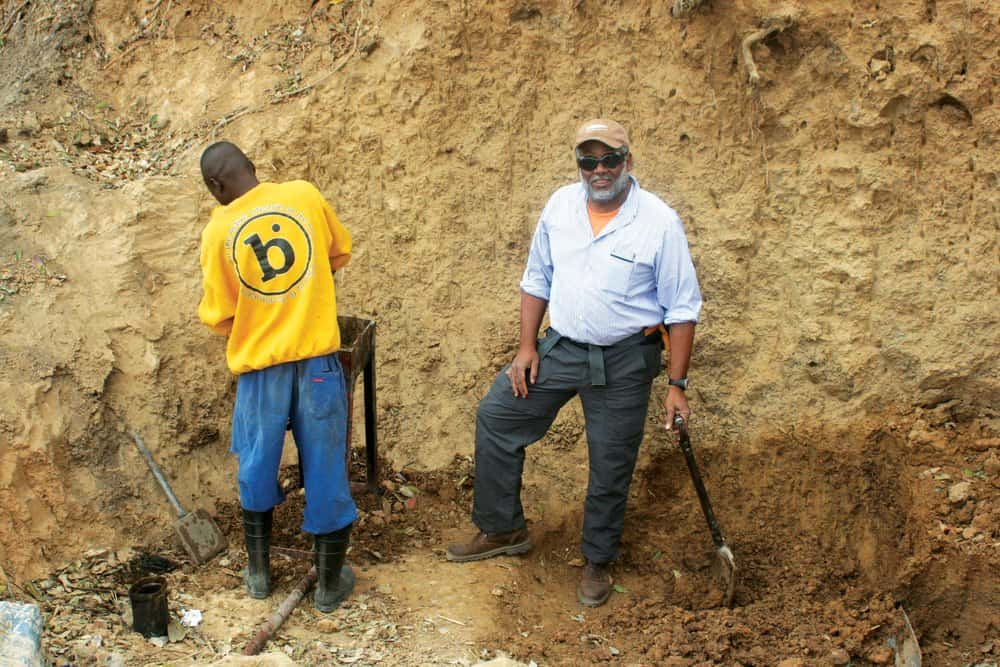
Broadcast journalism nagged at his conscience. “I wanted to be able to do something to help these people instead of just taking pictures of their misery and sending postcards home about it,” he says. So he went to law school, but withdrew just shy of graduation to run his ailing father’s business. He worked on public policy issues for the Washington D.C. Water and Sewer Authority. Discouraged, he eventually quit. He discovered he wasn’t cut out for criminal law, either, after what he calls a “soul-searing” stint as a law clerk with the Prince George’s County State’s Attorney’s office.
An encounter with Severn Riverkeeper Fred Kelly at an environmental meeting in 2003 altered Tutman’s career path. “Some guy walked in who I’d never seen before. It was like the oxygen all just went his way,” he recalls. Who’s that? he asked. “That’s the riverkeeper,” he was told. Tutman says “riverkeeper” in a hushed, reverential voice.
He read Robert Kennedy Jr.’s book, The Riverkeepers, and attended one of his lectures. “He talked about how the river was a spiritual presence in every place and every culture,” Tutman recalls. “And he had me, right then and there. I was tired of hearing about how science was the sole vector for protecting the environment. It just never resonated with me. I’m not anti-science; it’s just not why people protect these rivers. They protect them because they love them and they feel spiritually connected to them.”
Tutman founded Patuxent Riverkeeper in 2004. He inherits a mantle the waterway’s de facto first riverkeeper, former state senator Clyde “Bernie” Fowler, has worn for decades. Fowler was bringing lawsuits over river pollution in the early 1970s, and the 93-year-old still conducts his signature Patuxent wade-ins, the symbolic annual measure of water clarity he started in 1988.
After meeting Tutman at a Patuxent River Commission session, Fowler recalls being skeptical at first of this new riverkeeper. “I thought he was too damn smart to be doing what he was doing,” he says. Outwardly the two men are day-night different: Fowler, the string bean, white, long-time legislator who’s never strayed far from his Broomes Island roots, and Tutman, the burly, black, ex-journalist who’s covered the world. When he and Tutman began socializing, however, Fowler discovered a kindred spirit. “You can have it in your head,” Fowler says of environmental advocacy, “but you need to have it in your heart. I knew the man was in love with the river.”
They also share a propensity for straight talk. Ask Fowler about water pollution trading, a state initiative to fund Bay cleanup by allowing environmentally lagging businesses to barter for pollution credits. “It’s a scam,” he says. “It’s a pacifier [that] gives wastewater treatment plants that want to expand what they want.” Tutman agrees. “I think [pollution trading] is attractive because it’s a way of getting along with industry, and environmentalism is dependent on good will from industry.”
Tutman has criticized the Cheapeake’s largest environmental nonprofit, the Chesapeake Bay Foundation (CBF), for accepting corporate funding. “I think it’s preposterous to think we’re going to use corporate money to clean up these resources. There’s a world of difference between those of us who want to get reparations from polluting corporations compared to those who want to get grants from them,” he says.
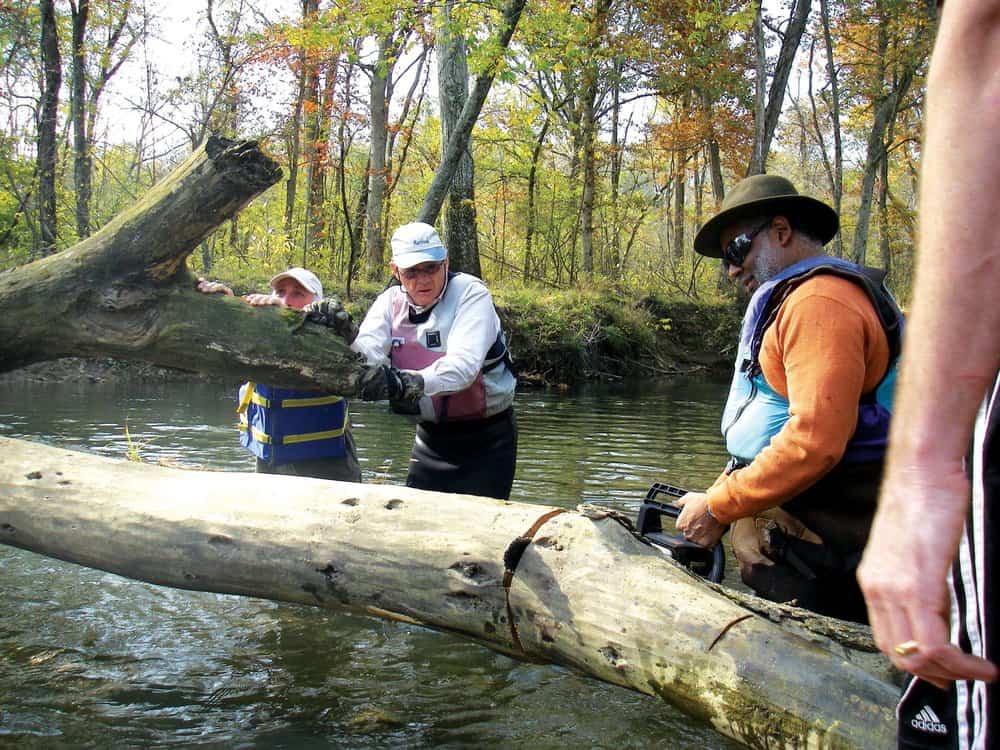
CBF has a track record of suing corporations, governments, developers and others on behalf of the Chesapeake, including a landmark federal case against the Environmental Protection Agency over its commitment to Bay cleanup goals. It also relies on corporate cooperation and charity. More than 60 percent of CBF’s $27 million in annual revenue last year came from grants and gifts, many corporate.
The Annapolis-based nonprofit makes no apologies. “Private businesses also play a critical role in restoring the Chesapeake and all its tributaries, whether it’s volunteering to plant trees on farms, designing innovative solutions for reducing pollution, or making a contribution,” says Kim Coble, CBF’s vice president for environmental protection and restoration.
As monitor of the Bay’s health, the Chesapeake Bay Program provides grades (currently ranging from B to F) for Bay tributaries based on assessments by riverkeepers and other waterway stewards. The Bay gets a C. The Patuxent rates a rather dismal D minus. Tutman cites sewage spills, industrial pollution, stormwater runoff and nutrient overload as contributors to the Patuxent’s growing dead zones, outbreaks of the “flesh-eating bacteria” vibrio vulnificus and a steady decline in fisheries.
He faults “institutionalized environmentalism” for intentionally offering an overly rosy assessment of Chesapeake water quality: “I think there’s this expectation that people would rather hear good news. They are predisposed to hear the good news and ignore all the bad news, of which there’s plenty about these rivers.”
Gerald Winegrad, a former state senator who has spent decades advocating for a cleaner Bay, says the movement needs outspoken leaders like Tutman. “He’s fearless and he gets it,” Winegrad says of Tutman. “He’s as frustrated as I am about what’s happening and
not happening. I know it’s cost him grants because he was suing people.”
Tutman answers to a board of directors and consults a board of advisors that includes Fowler and former U.S. Senator and environmentalist Joseph Tydings. Membership fees, kayak and canoe rental revenues, and an occasional grant help fund riverkeeper operations. The staff offer multi-day paddling trips to raise river awareness and host a variety of community workshops—all standard stuff for most riverkeepers. But when the visitor’s center’s new dock was installed last year, Tutman didn’t invite a bigwig to cut the ribbon; instead he asked a Native-American shaman to bless it.
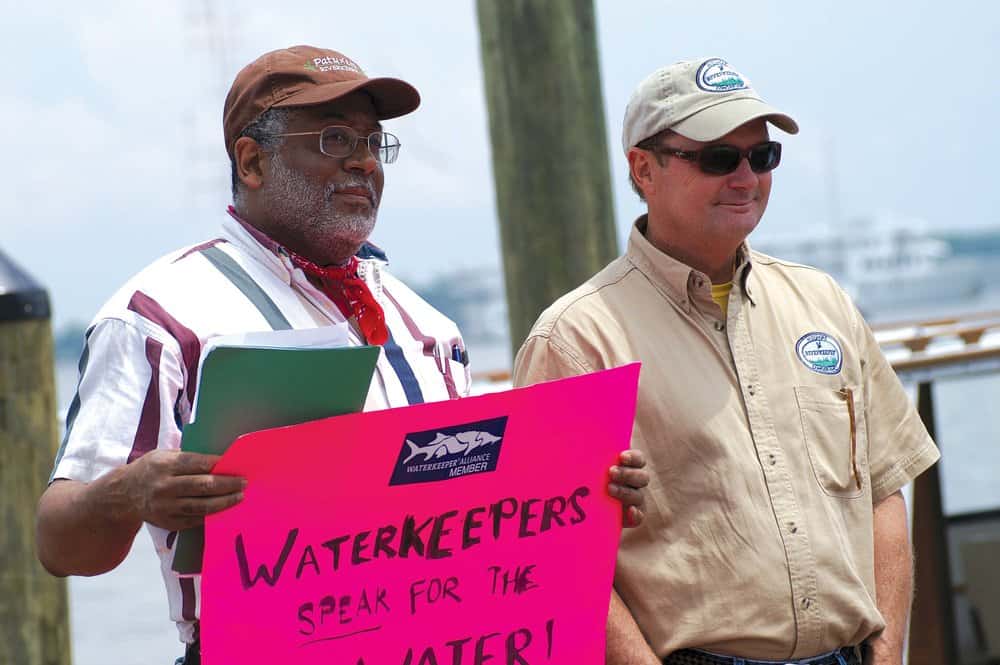
Next year he’ll patrol the river in a recetly donated 27-foot Albemarle, which replaces a worn-out jon-boat. But he may need a kayak to reach some of his favorite ethereal places. The man who says the river often speaks to him enjoys listening to the tree-shaded, shallow upper river. “You might be near civilization, but there’s no trace of it within your viewshed,” he says. “It’s moss-covered, kind of like Middle-earth, and it’s extraordinary.”
Tutman’s girlfriend is also a riverkeeper. She lives in North Carolina and has talked, reluctantly, of retirement. He’s not ready just yet. “I’m going to do this work as long as I can. I love the river. I love helping communities,” he says. “I feel like this is a good payback for years of covering their pain as a journalist.”
Along the way, Tutman has mentored potential successors. Dia Brown was a high school student when she met Tutman several years ago. He later advised her and her Huntingtown High classmates when they organized the Big Bay Bash, a fundraiser. “Pretty much everything Fred was saying was what I thought regarding community involvement,” says Brown, who wants to study environmental engineering and political science. “I like the way he thinks. It’s very honest.”
Three heart surgeries in 10 years (with another scheduled) have taught Tutman to pace himself these days. He’s not likely to pull in his horns, however.
“Who do you want protecting your waterways, someone reasonable or someone really unreasonable?” he asks, rhetorically. “I think our job as riverkeepers is to walk in with a sign on our head saying ‘We’re here to make trouble.’ That’s democracy. Women’s rights, civil rights, any number of rights, ask for your entitlements. You gotta fight for them.”
CBM contributing writer and history buff Marty LeGrand has been covering boating and environmental issues since 1996.

